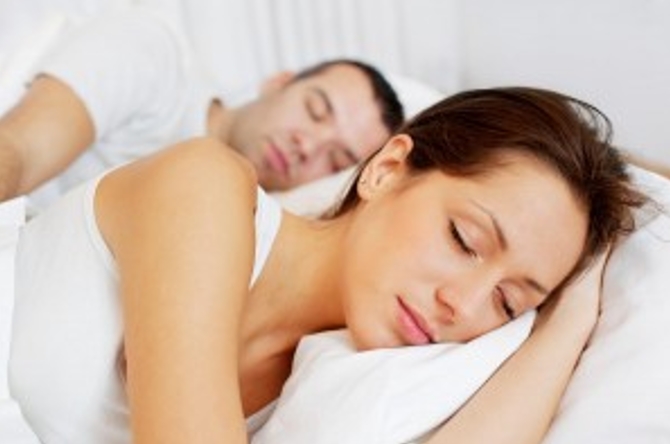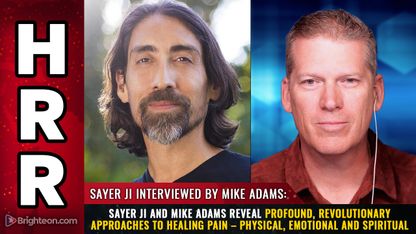
Advertisement
Sleep is necessary for normal, healthy function. Inadequate sleep can have a detrimental effect on health. The average adult needs between 7.5 and 8 hours of sleep every night. However, according to the National Institute of Neurological Disorders and Stroke, about 40 million people in the United States alone suffer from chronic long term sleep disorders each year. How does cannabis help?
There are more than 70 different sleep disorders, which are generally classified into one of three categories:
. Lack of sleep (insomnia)
. Disturbed sleep (obstructive sleep apnea)
. Excessive sleep (for example, narcolepsy)
There are many different drugs that are usually prescribed when a person suffers from a sleeping disorder. Use of these prescription sleep medications can provide benefits to severely sleep deprived people, they can help break the patterns of poor sleep and help them get some relief. But pharmaceutical drugs have a detrimental effect on health, especially after long-term use. Dr. Daniel Kruipke (a researcher on the subject of sleep medication), acknowledges that “sleeping pills could be hazardous to your health, even causing cancer, heart disease or other illnesses. This means that people who take sleeping pills die sooner than people who do not use sleeping pills.”
Other research shows that sleeping pills tend to cause depression. Sleeping pills can also be addictive, sometimes resulting in death in the long term. The person taking these kinds of drugs may experience withdrawal when the drugs are stopped. There are possible risks for women who are pregnant or breast feeding.

Medical cannabis as an alternative to sleeping pills
Cannabis has been found to be very effective in treating insomnia. Many patients report that, compared to conventional sleep medications, medical cannabis works better, is not habit forming and leaves them feeling better the next day. There has never been a recorded death from a medical cannabis overdose. But how does it work? Chemicals in marijuana, known as cannabinoids, actually mimic the activity of chemicals found naturally in the brain. These chemicals and their biological pathways make up the body’s endocannabinoid system, which is responsible for regulating sleep, among other things. Likewise, research shows that cannabis can have 4 important effects on sleep:
1. Cannabis makes it easier to fall asleep
2. One can experience better sleep patterns, including longer sleep
3. A deeper sleep can be enjoyed, which plays a major role in the restoration process that occurs during sleep
4. It makes for better breathing – sleep apnea is characterized by disrupted breathing during sleep, and has been linked to a number of serious conditions. The bast majority of sleep apnea sufferers remain undiagnosed and untreated. But that’s where marijuana may help, because it has proven to help with breathing patterns during sleep.
What is the best cannabis strain to use when treating sleeping disorders? Should you be consuming Sativa or Indica strains? Studies show that Indica is the better strain, as Sativa tends to be more energising and heady in effect. High doses of Sativa will more than likely counteract sleepiness. Indica tends to induce a more body-centered, mellow, stoned effect. Indica also tends to show a wider range of cannabinoids and a higher level of CBD.
Sources:
Submit a correction >>
This article may contain statements that reflect the opinion of the author
Advertisement
Advertisements















